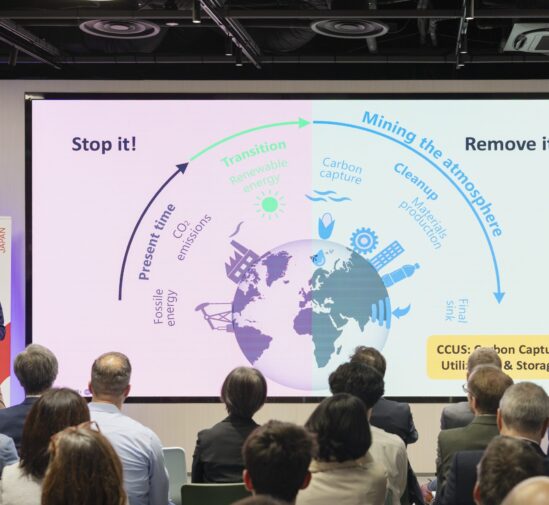
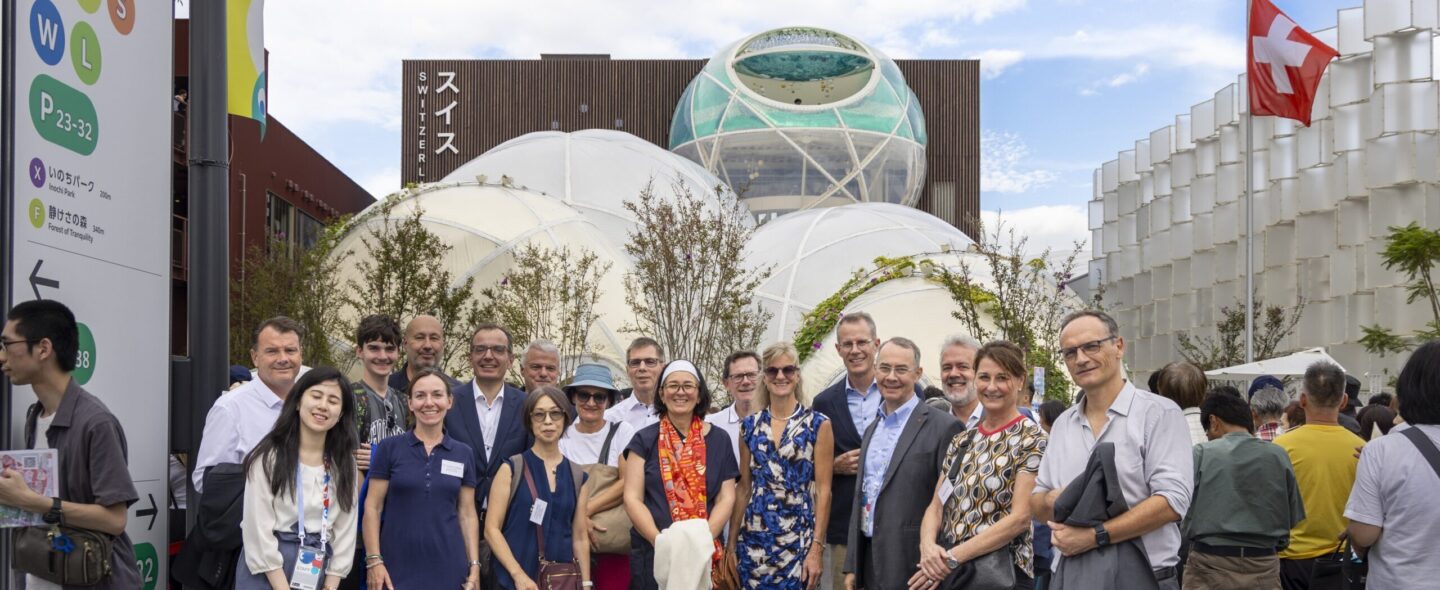
The Global Energy Challenge
Switzerland and Japan share a pressing task: achieving net-zero greenhouse gas emissions by 2050 while ensuring energy security and sustainability. Both countries face rising energy demand driven by electrification, coupled with strong reliance on imports. Addressing these challenges requires bold innovations in renewable energy, hydrogen, storage solutions, and international policy frameworks.
The Swiss-Japan Energy Days 2025 provided a unique platform to deepen collaboration and showcase pioneering approaches to accelerate the energy transition.
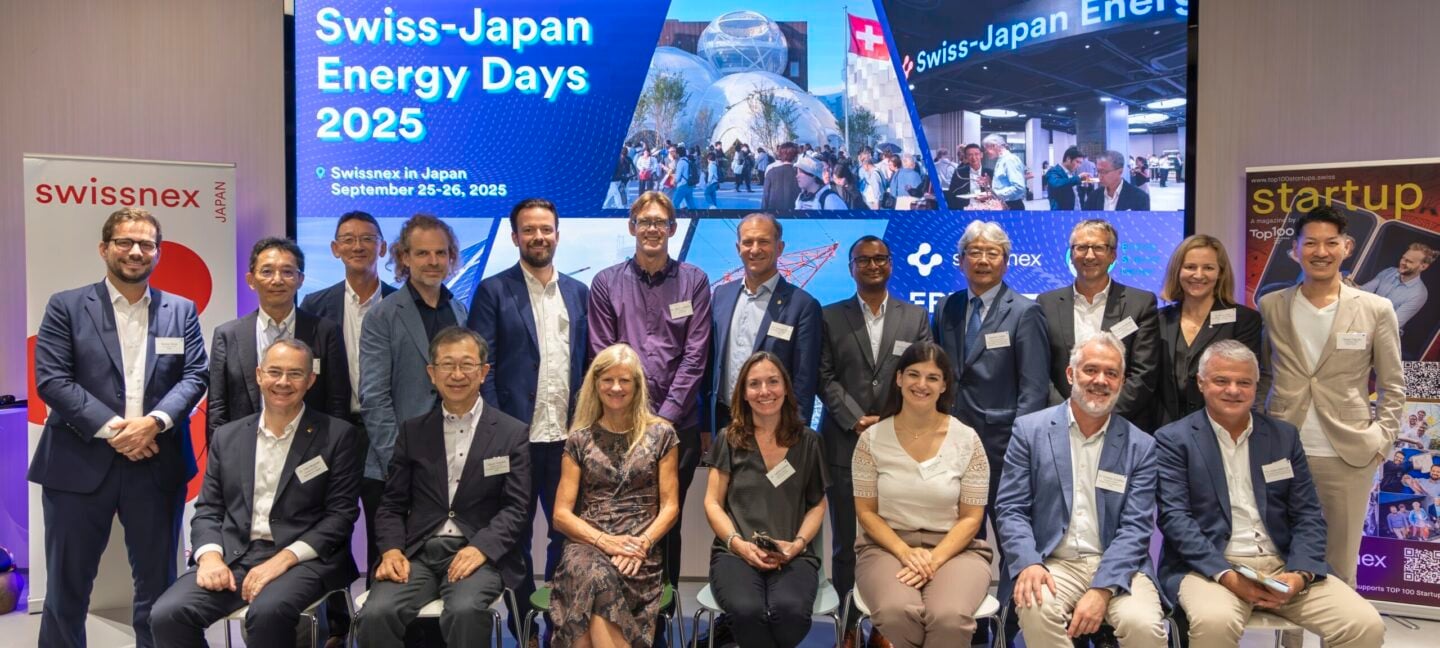
Messages from Co-Organizers
-
![]()
Dr. Felix Moesner, Consul & CEO, Swissnex in Japan
"Energy is not just a technical issue, but a systemic one—linked to climate, ecosystems, and human well-being. By combining perspectives from academia, policy, industry, and startups, we hope to spark new collaborations that extend beyond this event."
-
![]()
Dr. Christian Schaffner, Executive Director, Energy Science Center of ETH Zurich
“The biggest investment in energy worldwide is now going into renewables—followed by grids and storage, and then energy efficiency. There are some no-regret decisions we must pursue with full speed: energy efficiency, renewables like photovoltaics and wind, and robust grids and storage systems.”
-
![]()
Dr. Yasmine Calisesi, Executive Director, EPFL Energy Center
"As the Executive Director of EPFL Energy Center, I am proud to emphasize that EPFL is the leading research institution in emerging energy science in continental Europe, with 95 laboratories dedicated to energy across every field. On the occasion of Swiss-Japan Energy Days 2025, my experience at Expo 2025, along with site visits to Iwatani Advanced Hydrogen Technology Center and the University of Osaka’s Institute of Laser Engineering, has been truly inspiring."
-
![]()
Prof. Adrian Altenburger, Head of Institute of Building Technology and Energy, HSLU
“There are still huge challenges around energy production, supply, and storage. It’s not only the transition challenge with decarbonization, but also the increasing demand from areas like data centers, AI, and other emerging applications. Solutions based on science and engineering are therefore very important.”
Day 1: Market Developments and Renewables
The first day of the Swiss-Japan Energy Days 2025 centered on the rapid deployment of renewables, the role of hydrogen, and strategies to accelerate market-ready solutions.
- In his opening remarks, Ambassador Roger Dubach emphasized the urgency of achieving carbon neutrality and the importance of international collaboration in advancing clean energy transitions.
- Keynotes by Prof. Dr. Joël Mesot (ETH Zurich), Dr. Kazuhiro Shiozaki (NAIST), and Mr. Kazushige Nobutani (METI Kansai Bureau) highlighted the potential of solar power, interdisciplinary research on next-generation materials, and Kansai’s ambitions to cut emissions by 73% by 2040.
- Academic and policy experts such as Prof. Matthias Sulzer (Empa), Dr. Kazunari Sasaki (Kyushu University), and Eric Bianco (State of Valais) discussed solutions ranging from CO₂-negative building materials to neighborhood-scale energy systems and regional policy frameworks for innovation.
- The startup pitches showcased tangible technologies to decarbonize mobility, power, and fuel: BIOTECHWORKS-H2’s waste-to-hydrogen processes, ZESST’s zero-emission ferry, ABILITY’s hydrogen cartridges, Neology Hydrogen’s ammonia-to-power solutions, and Clean Planet’s bold approaches to new energy sources.
- Industry leaders from Primeo Energie, Switzerland Innovation, and Osaka Gas added perspectives on grid stability, scaling renewables, and developing low-carbon fuels.
- The day closed with a dynamic panel linking policy, research, startups, and industry. Panelists agreed on the need for transparent data, integrated systems, and forward-looking education to ensure that breakthroughs in hydrogen, renewables, and clean technologies move swiftly from the lab to widespread deployment.

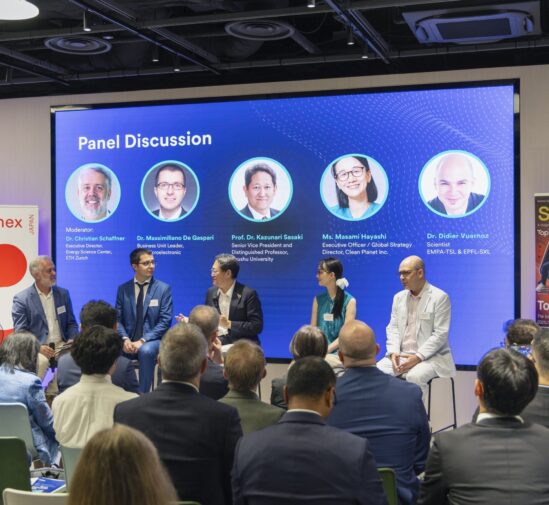
Day 2: Storage and Future Innovations
The second day broadened the dialogue with insights from leading institutions, startups, and industry.
- In the opening remarks, Mr. Benoît Revaz (Swiss Federal Office of Energy) stressed the urgent need for storage and modernized grids to secure Switzerland’s energy transition.
- The event then featured keynotes from Mr. Tatsuya Terazawa (The Institute of Energy Economics, Japan), who presented Japan’s Strategic Energy Plan, which balances energy security, renewables, and public acceptance, and Prof. Ambrogio Fasoli (EPFL) and Mr. Koji Murota (Kyoto University), who provided academic perspectives and showcased cutting-edge research in fusion, renewables, materials science, and entrepreneurship.
- During academic presentations, Prof. Benjamin McLellan (Kyoto University) emphasized the vital role of applied academic research in supporting society’s transition toward carbon neutrality, underlining the need for industry–academia collaboration. Dr. Elena Vagnoni (EPFL) emphasized hydropower’s indispensable role in providing flexibility for renewable integration. At the same time, Prof. Andrea Weber-Hansen and Prof. Jörg Worlitschek (Lucerne University) shared innovations in energy storage and building technologies.
- The program also featured Swiss and Japanese startups, including SeasON (thermal energy storage), Atomis (MOFs), SmartHelio (solar optimization), Helical Fusion (fusion power), BTRY (solid-state batteries), and Voltiris (agrivoltaics for greenhouses).
- Industry leaders such as Kansai Electric Power, Mitsubishi Heavy Industries, and CKW/Axpo highlighted large-scale solutions from grid modernization to carbon capture and hydrogen technologies.
- The day concluded with a panel discussion, with exchanges demonstrating how Switzerland and Japan can jointly accelerate innovation, from fundamental research to industrial deployment, advancing a sustainable and secure global energy future.
-
![]()
Interview video
Find more
-
![]()
Swiss-Japan Energy Days 2025
September 25, 2025 — September 26, 2025Join us at Swissnex in Japan for a Swiss-Japanese seminar on energy innovations during the Future of Earth and Biodiversity Week (September 17-28) at the World Expo 2025 Osaka. The event will explore academic trends, startup pitches, private sector needs, and policy advancements, fostering collaboration between academia, industry, policymakers, and emerging entrepreneurs.
-
![]()
Swiss-Japan Energy Days 2024: Pioneering Sustainable Energy Solutions
September 13, 2024The Swiss-Japan Energy Days 2024, a groundbreaking event, was held on September 10 and 11 across two venues—ETH Zürich and Swissnex in Japan. The conference brought together top-tier academic, policy, and industry experts, as well as breakthrough startups from Switzerland and Japan to tackle the pressing challenges of the global energy and climate crisis.
-
![]()
Swiss-Japan Energy Days 2024: Collaboration on Breakthrough Innovations for Future Sustainable Energy
July 26, 2024On September 10 and 11, 2024, the first edition of the Swiss-Japan Energy Days will be held simultaneously at ETH Zürich and Swissnex in Japan. This conference aims to discuss the challenges facing the Swiss and Japanese energy sectors in the current combined energy and climate crisis.
Partners
The Swiss-Japan Energy Days 2025 were co-organized by Swissnex in Japan, the Energy Science Center of ETH Zurich, the EPFL Energy Center, and the Lucerne University of Applied Sciences and Arts, in partnership with the Swiss Business Hub Japan, Presence Switzerland, and the Swiss Pavilion, and with the support of the Swiss Federal Office of Energy (SFOE), the Science and Technology Office Tokyo, METI, Switzerland Innovation, Empa, Bern University of Applied Sciences, Hitachi Energy, the Institute of Energy Economics Japan (IEEJ), Kansai Electric Group, ABILITY, Clean Planet, Helical Fusion, Neology Hydrogen, ZESST, Voltiris, the Swiss Chamber of Commerce and Industry in Japan (SCCIJ), and CleantechAlps.
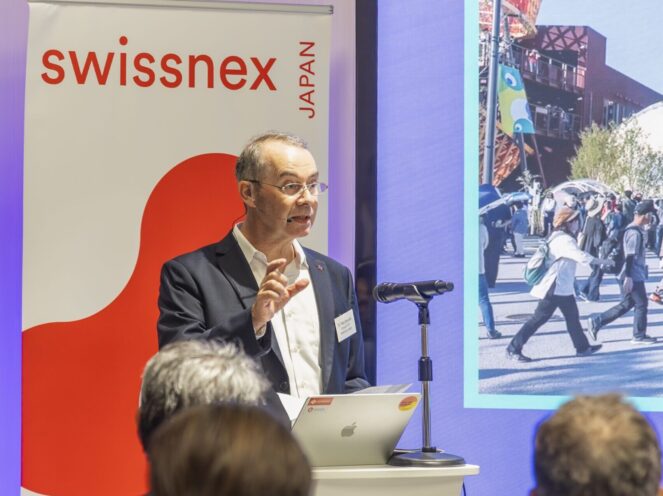
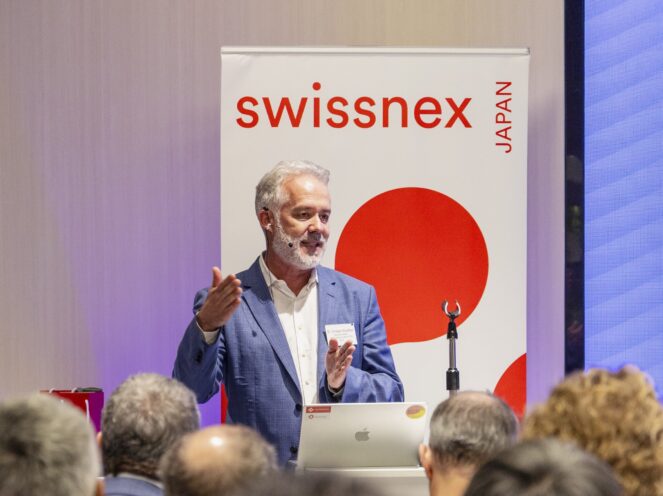
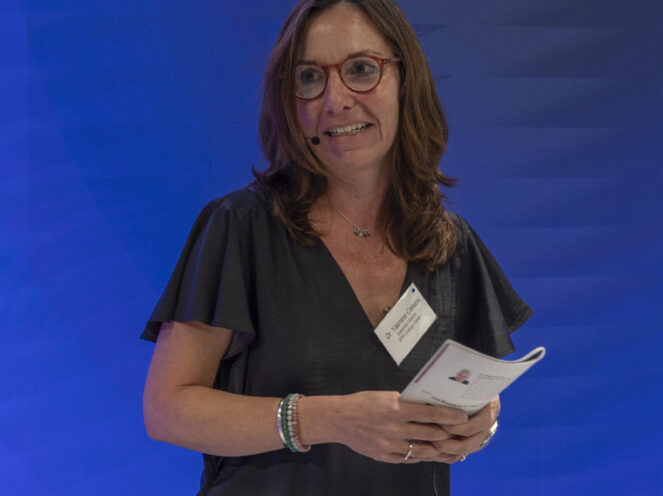
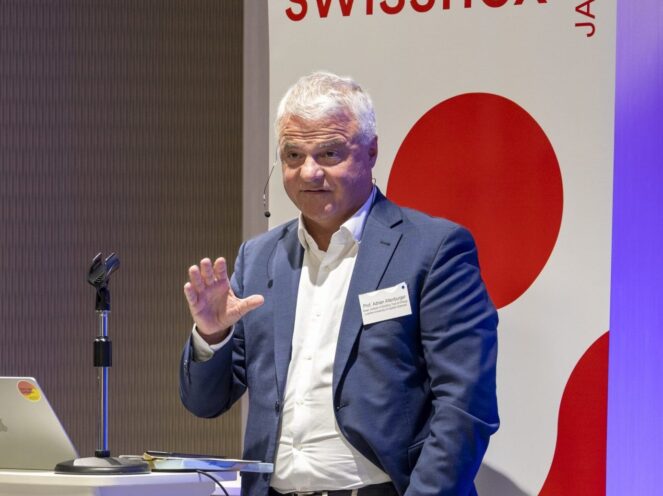
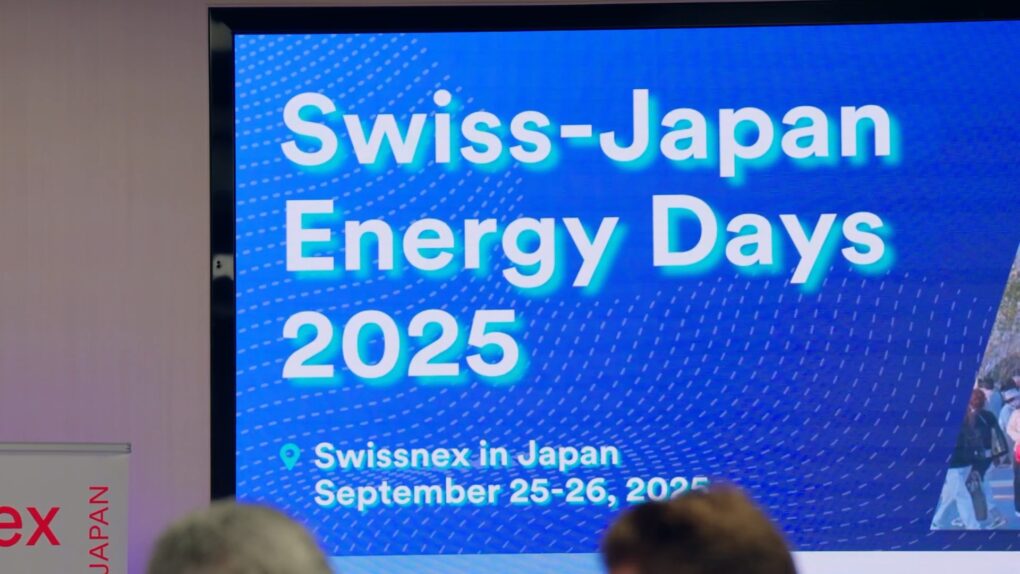
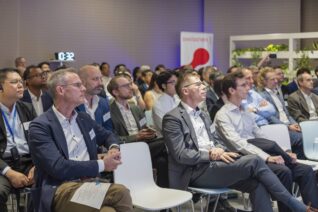
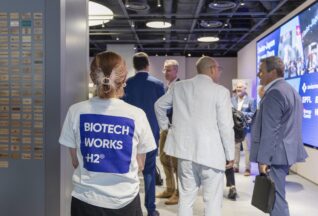

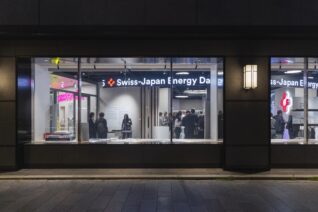
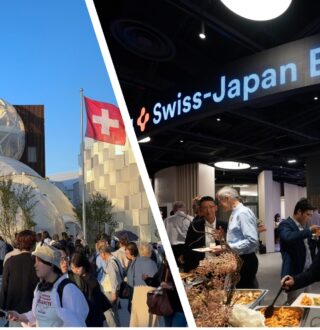
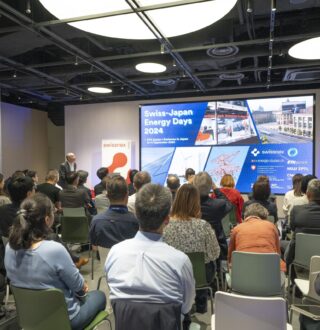
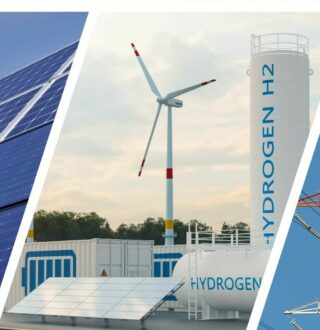


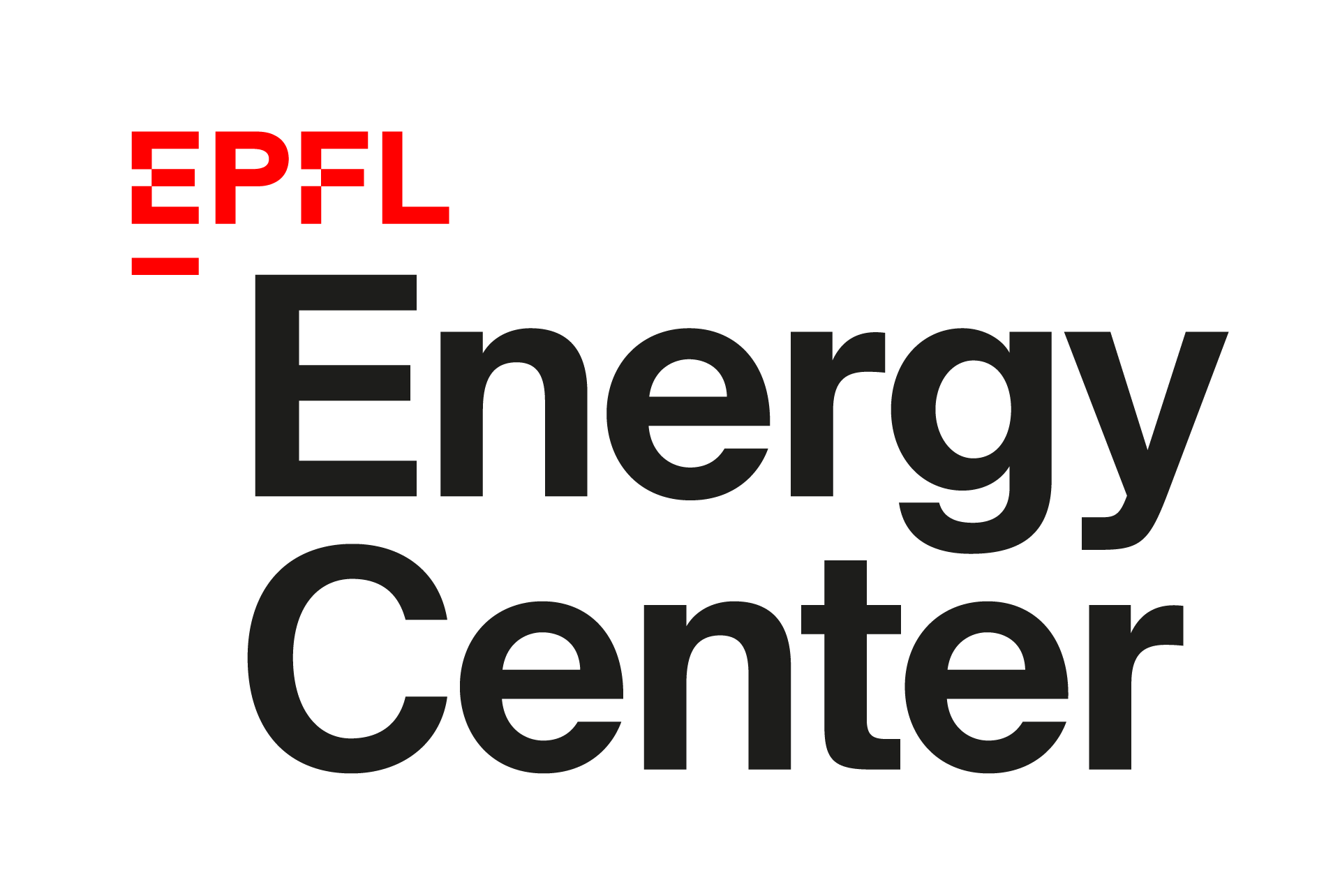







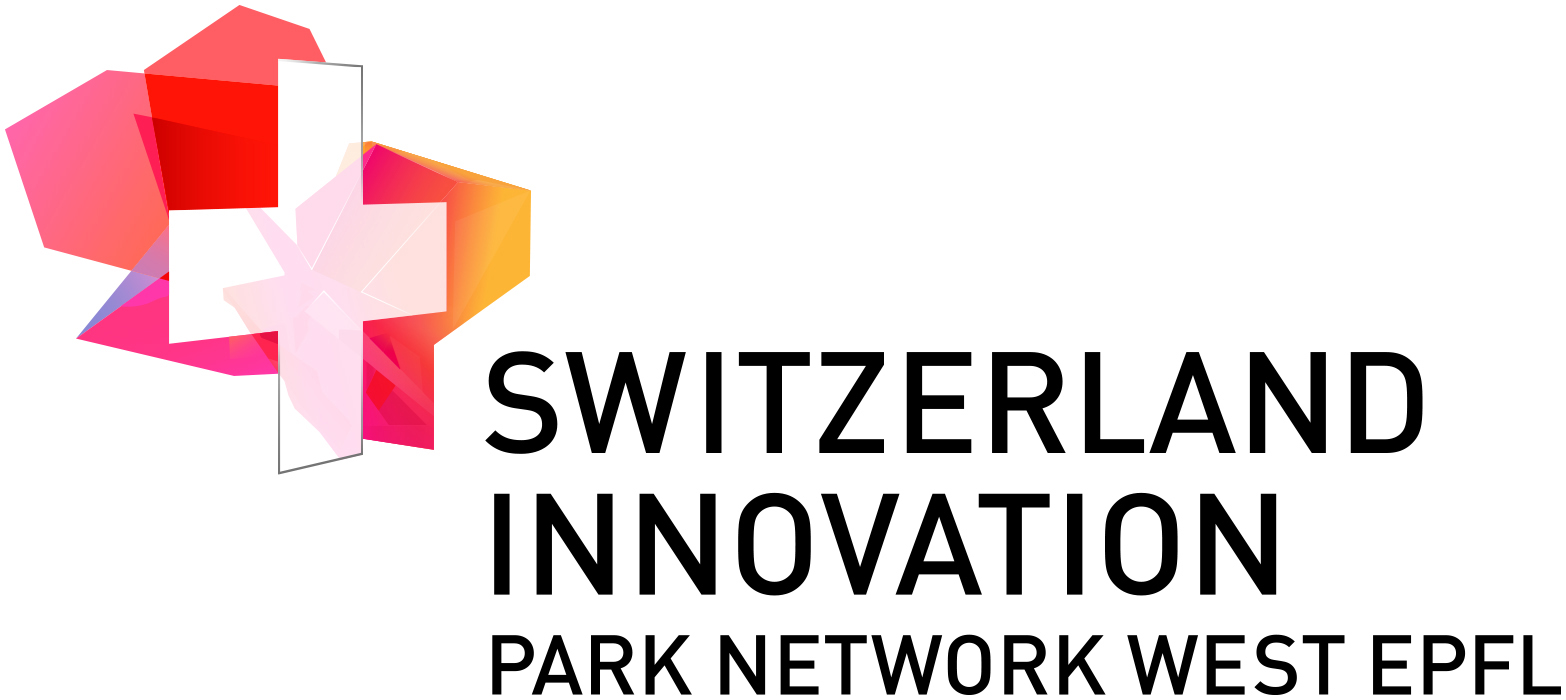




.jpg)








